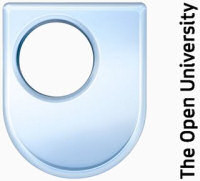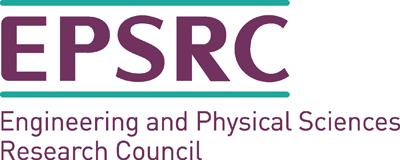Project Overview
The CODA project developed the theory and technology for automatically creating dialogue content from text in monologue form. On this site you can find the resources that were created during the project, including the CODA corpus, QG datasets, CODA tools, publications and a Special Issue of Dialogue & Discourse on Question Generation.
The EPSRC-funded part of the project was completed in 2011. However, work on integrating the CODA system with the HILDA discourse parser has continued since in collaboration with Prendinger Lab (with financial support from NII in 2015 under the OU-NII memorandum of understanding). The work has been applied in collaboration with the Papworth Trust who commissioned videos based on their information leaflets for service users. The content of the videos was prepared using the CODA Monologue-to-Dialogue technology and they are available on the Papworth Trust's YouTube Channel, see e.g. User Involvement Promise.
There is ample empirical evidence that presentation of information in the form of a dialogue can be more effective than monologue (e.g., for tutoring and persuasive communication). Since most information is locked up in text (books, leaflets, webpages, etc.), text-to-dialogue generation technology can play an important role in making information available in a form that best meets people's needs for easily processable and engaging information. The effectiveness of dialogue is magnified by the fact that it is eminently suitable for new multimedia presentation styles - for instance, a dialogue can be performed by digital computer-animated characters.

